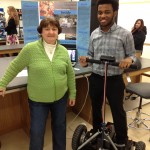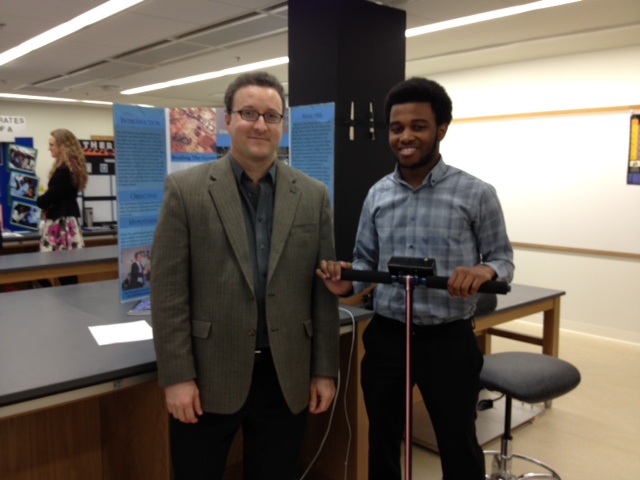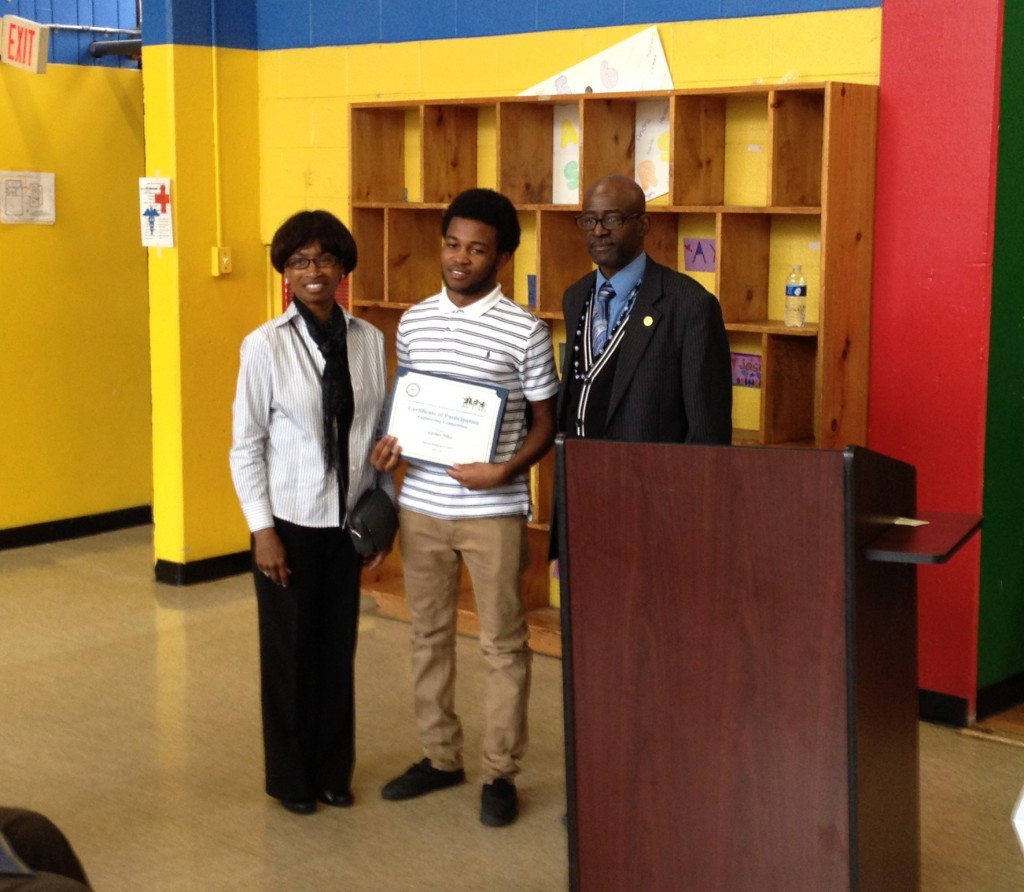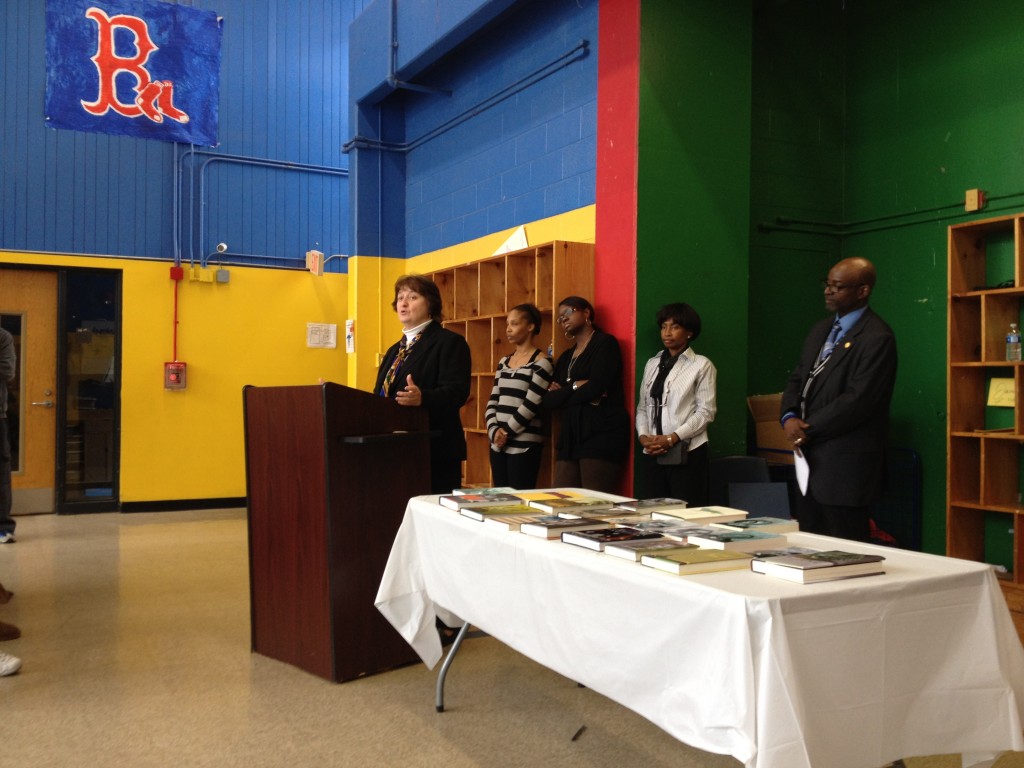A lot of people talk to me about the fairness of science “fairs”. Although I have not really gone through all the data nation-wide, it occurs to me that since the beginning of science fairs, there have always been certain high schools in every state that tend to take all the top prizes year after year. They’re usually schools in the big cities, with all the universities/colleges and corporate laboratories around, or private/well-funded public academies with immense financial, mentoring and facility resources behind them. I have heard this not just at my own fair, the MA State Science & Engineering Fair, but also in conversations with administrators of other state and international fairs too. People often worry that the social and economic inequalities between regions play a major role in the quality of their schools’ teachers and facilities (and rightly so), but also their science fairs and other forms of inquiry learning and assessments. Generally speaking, the highest need regions do not even participate in science fairs, due to lack of sufficient funds. In fact, having spent the past several years living largely in China and Taiwan, I have seen first-hand substantial economic inequality, that goes on – and it’s far beyond just the education system. So, naturally, teachers and students can get a feeling of dejection: “why should I bother? we can’t win”.
Well, I am here to tell you that is entirely true that science fairs, are admittedly, in a way “science unfairs.” There are indeed some built-in biases. But I also believe there are social and other biases in standardized testing as well. Some schools are in such high need areas that they can barely hire enough qualified teachers in order for students to pass basic testing, let along support an activity such as a science fair. So, it is understandable that one can feel the odds are stacked against them in this type of environment. There is however hope. There is still a way to succeed. Take it from someone who won the top prize at two International Science Fairs, from a school district without a local science fair program, and which was recently listed as one of the several most underperforming schools in the state, out of hundreds of districts.
As I have had some involvement in the policy side of science fairs, I’ve spoken with legislators as well as folks as high up as the Governor’s office to talk about how we can level the playing field and make science “unfairs” fair again. I’ve also been involved with programs such as the MSSEF / Gelfand Charitable Trusts’ Curious Minds Initiative, which helps support the founding of science fairs and training of teachers in high needs districts. This particular program is a small success story, and certainly we need many more of these, but the path is long and difficult – and somewhat expensive to do it right.
For those families and teachers who really want to engage in science fair projects, there are still ways that you can win, even when it seems the odds are completely against you. Nowadays, judges are specifically asked to consider the resources available, when judging a project. And it is because of that, you can still see first prizes handed out to small brown cardboard backed projects, and the high gloss printed 6 foot tall display board projects with an ipad on the table can still walk away with nothing. Although it may not always be the case in every situation. As science fair administrators, we consider science fairs an alternative assessment, a celebration of knowledge, and an opportunity for learning, rather than a competition. We try to bring “fairness” to the fairs, in all situations. However, while we don’t have the money to provide more teachers, resources and lab facilities to every school, we can certainly provide some level of teacher training (both for new teachers and new science fair administrators), assistance with SRC and setup of project plans, all the necessary paperwork, and many other forms of support. We also like to share our personal knowledge and experiences and pointers to what we consider the best resources out there (that are either free or as little cost as possible), and that is what I aim to do with MrScienceFair.com.
Over many years of being on the “inside” of science fairs, I’ve seen tons of kids with virtually no resources at all win the very top prize. And that is precisely why there is still a chance for everyone to win. MisterScienceFair.com is chock full of information and tips, and it’s all totally free. Use it to your advantage, and don’t worry if someone else has a more well funded school district or if other kids have bigger shinier boards – it doesn’t mean a thing. Above all just try your best to do it, and have fun.





